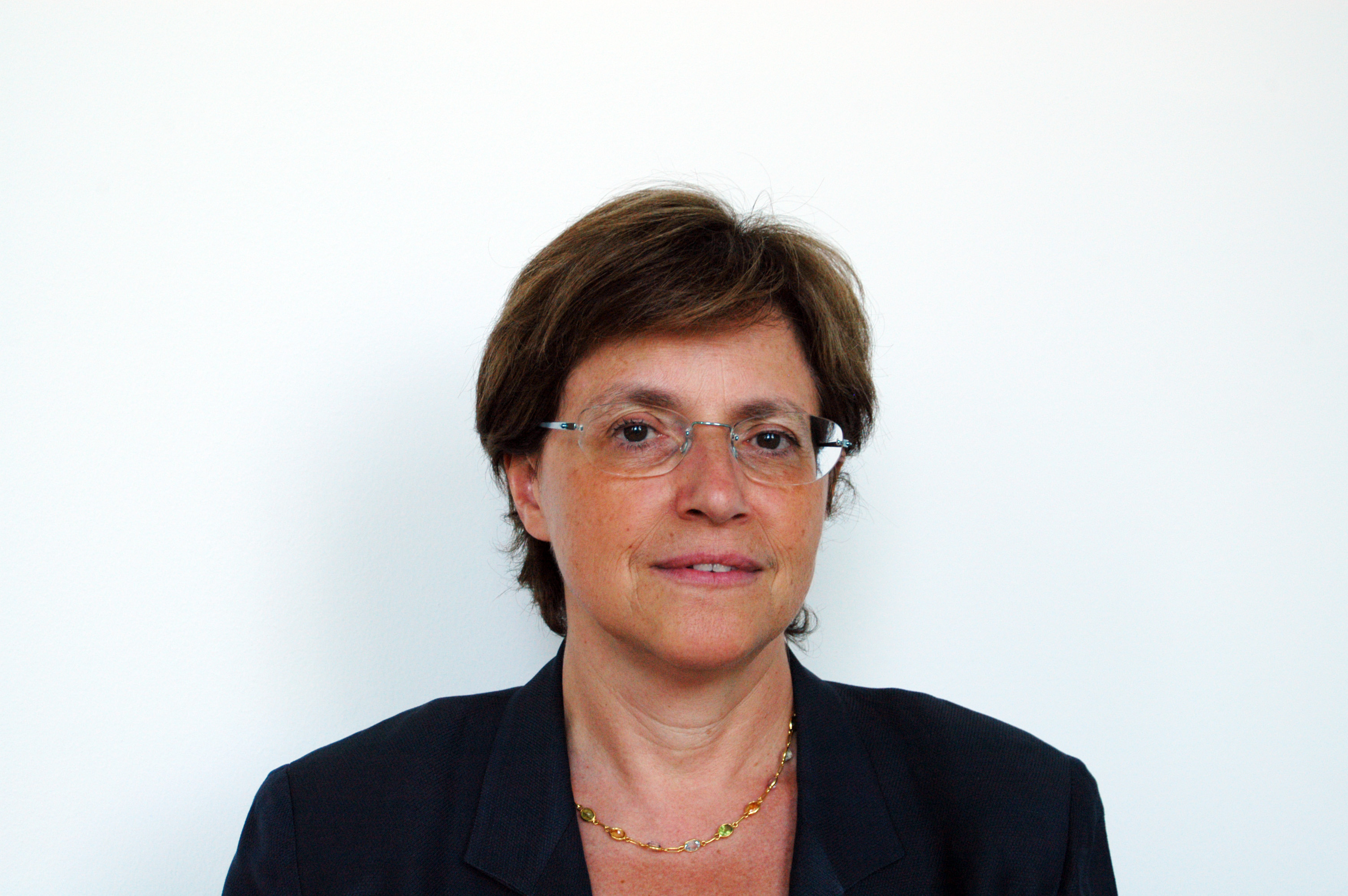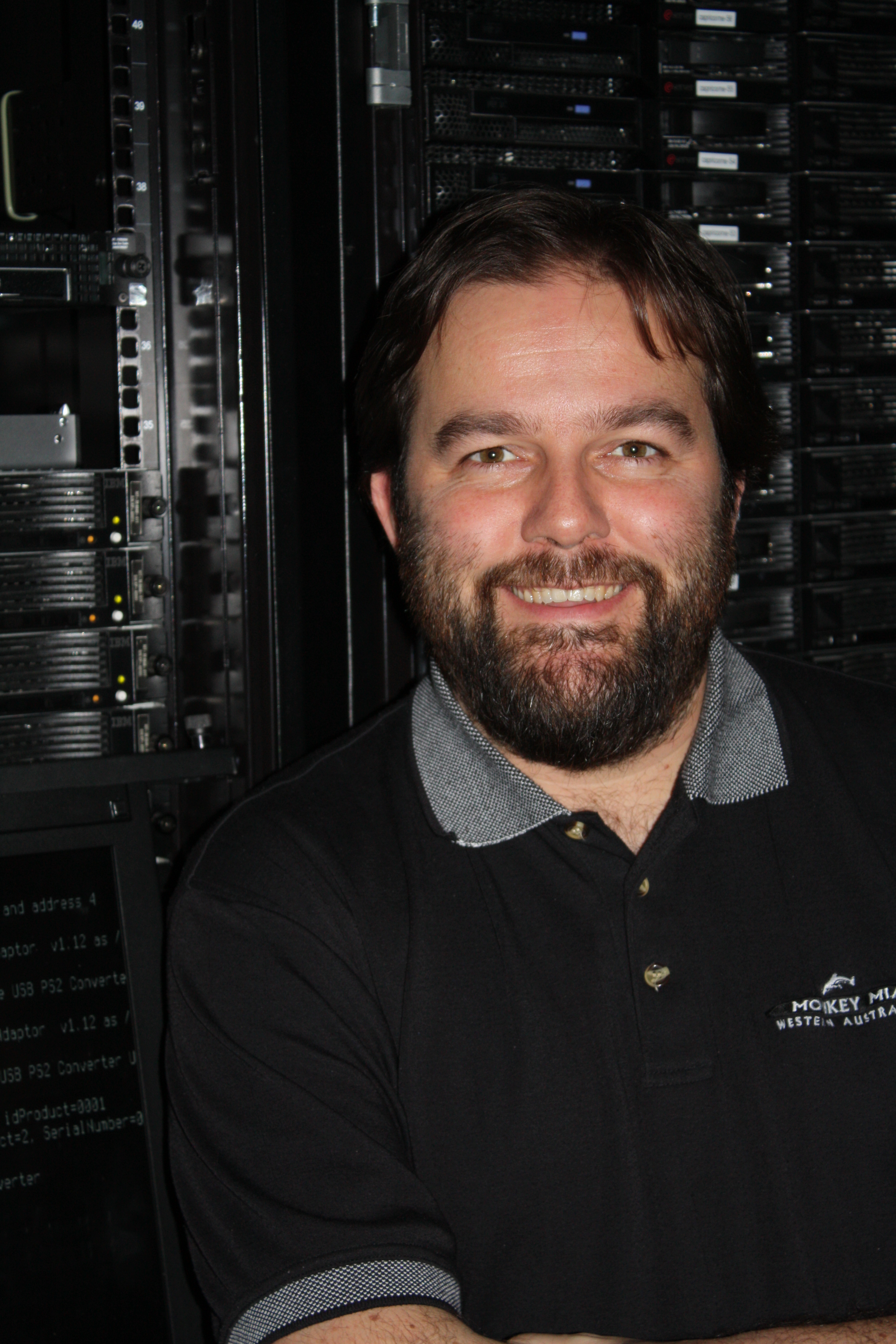Biography:
Franck Barbier (
www.FranckBarbier.com) is full professor in CS at the University of Pau (France) from 2000. He was the deputy head of the ICT department of the French Research Agency (a.k.a. ANR, “The French NSF”) from 2009 to 2012. His research activities and interests are object/component/service modeling through UML and the State Chart XML W3 standard, model-driven development, software design, test and runtime management for mobile and distributed systems, software adaptation, executable models and models at runtime. His last books are:
- COBOL software modernization - From principles to implementation with the BLU
- AGE® method, ISTE-Wiley, 2015 (with J.-L. Recoussine)
- Reactive Internet Programming - State Chart XML in Action, ACM Press-Morgan & Claypool, 2016 (in press)
Abstract:
Abstract. People agree that there are two major concerns in Internet computing: Big Data and the Internet of Things (IoT). On purpose, expected evolutions and progresses in technology and science are ruled by the development of suited paradigms (e.g., plug & play middleware for the IoT or MapReduce for Big Data) to face up this “ever encountered” nature of Internet computing. To that extent, information processing (from raw data to meaningful -i.e., semantically rich- information) encompasses the necessity of building a considerable pool of Internet software in a truly different way.
Such a paradigm shift is exposed in “The Reactive Manifesto” (
www.reactivemanifesto.org). From an architectural perspective, this manifesto promotes software applications’ componentization along with the idea of reactiveness: event-driven/message-driven, elasticity, responsiveness and resilience.
In short, applications’ components have emerging (reactive) features through their ability to seamlessly cooperate with events/messages. Nowadays, successes like Node.js or WebSockets strongly confirm the benefit of reactiveness. Beyond, this keynote tries to demystify and illustrate “reactiveness” through the State Chart XML W3 standard. The keynote discusses methods to design reactive Internet software from models to concrete implementation supports.

